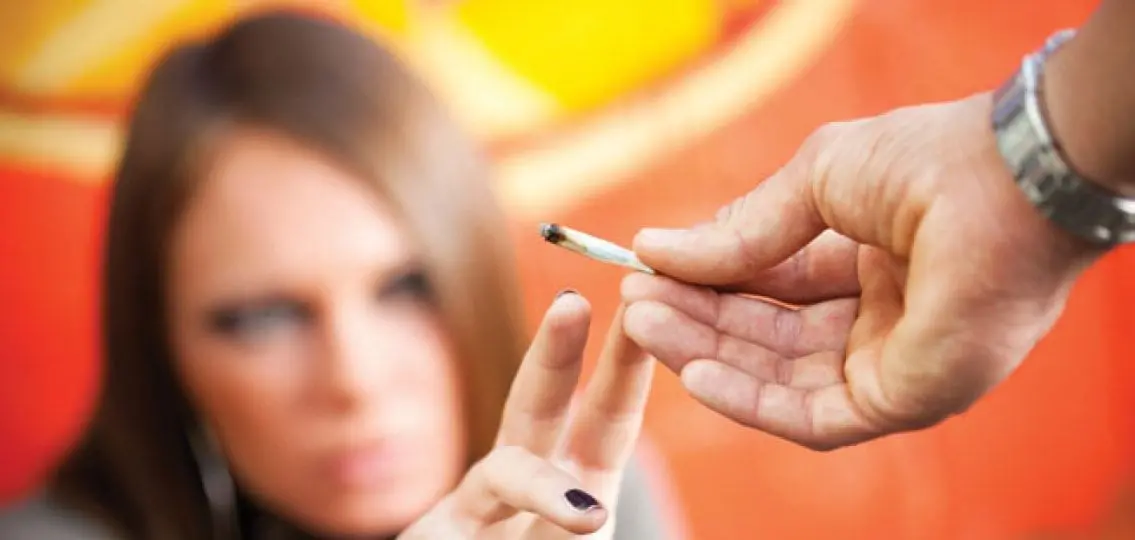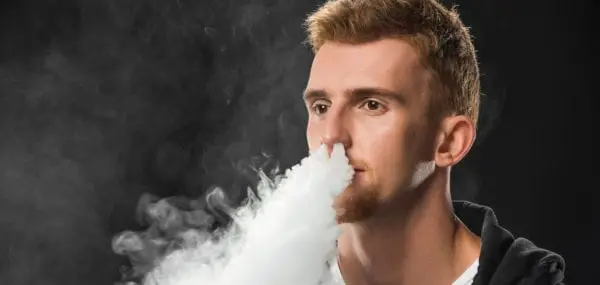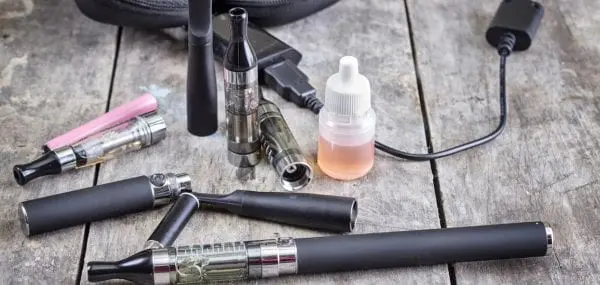The legalization of marijuana—whether medical, decriminalization or legal–is sending mixed messages to our teens. Is it like alcohol, for adults only? Is it addictive? We took our many questions to Dr. Jack Stein, Director, Chief of Staff for the National Institute on Drug Abuse.
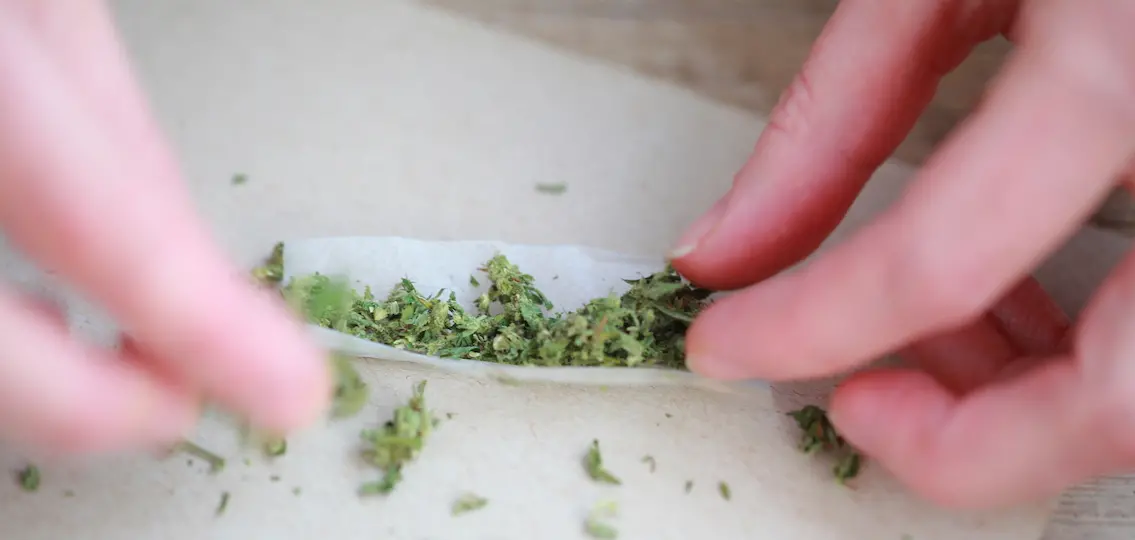
Q: Now that marijuana is legal in some states, how do we convince teens that it’s not okay to smoke marijuana?
Stein: Just because it may be legal in some states doesn’t mean marijuana is safe to use, especially by teens. Three things to keep in mind about teens smoking marijuana:
- Marijuana use can be addictive, especially if you start using when you’re young.
- Using marijuana behind the wheel is unsafe since it affects alertness, concentration, coordination, and reaction time.
- Marijuana use is associated with school problems as a result of decreased attention, memory, and learning.
Q: What messages resonate with teens?
Stein: Research shows parents have one of the biggest influences on their teens, even when it doesn’t seem that way. Talking openly with your teens and staying actively engaged in their lives is the key.
Q: Do before and after stories have an effect on teens?
Stein: Teens certainly respond to seeing and hearing stories by, and about, teens. These stories can play an important role in helping teens understand the consequences of drug use.
Q: Which medical facts seem to have an effect on teens?
Stein: One health message that seems to resonate with teens is learning that the brain develops until the mid-20s. The growing brain is more vulnerable to marijuana use. Exposure in adolescence may affect important connections in brain regions crucial for memory and learning as well as other functions.
Q: Kids think that it’s okay to smoke marijuana, but not cigarettes. How do we counter their impression?
Stein: More 12th graders smoke marijuana than smoke cigarettes, but vaping is changing some use patterns. Similar to vaping, this increase of teens smoking marijuana corresponds to a diminishing perception of marijuana’s risks. Many young people (as well as adults) believe that marijuana is safe—but this belief is not aligned with the science. Although we do not know everything about the effects of this drug, the available science shows that marijuana use has a wide range of consequences for health, safety, and well-being. Long-term effects may be particularly significant when used heavily during adolescence. Countering kids’ impressions is indeed a challenge, but this is where community-based educational campaigns can really make a difference.
Q: How does smoking marijuana affect driving? How do we get this message across to teens?
Stein: Marijuana significantly impairs coordination and reaction time, and it is the (illegal) drug most frequently involved in automobile accidents, including fatal ones. From what we now know, marijuana use roughly doubles the risk of having an accident, and the accident risk from combining marijuana and alcohol is greater than that for either drug alone. Getting these facts out to teens in school and community settings is an important first step.
Q: Does smoking marijuana give boys “man boobs”?
Stein: Gynecomastia is the growth of abnormally large breasts in males due to the excess growth of breast tissue. According to some research studies, marijuana use may be a cause of this condition. The condition is not very common so discretion should be used in how such information is presented to avoid any over-generalizations regarding teens smoking marijuana and gynecomastia.
Q: How harmful is “hot boxing”?
Stein: Hot boxing refers to smoking marijuana in an enclosed space like a car or small room to maximize the drug’s effects. Although research reveals the dangers of “secondary” cigarette smoking, research is still underway to understand the effects of secondary marijuana use.
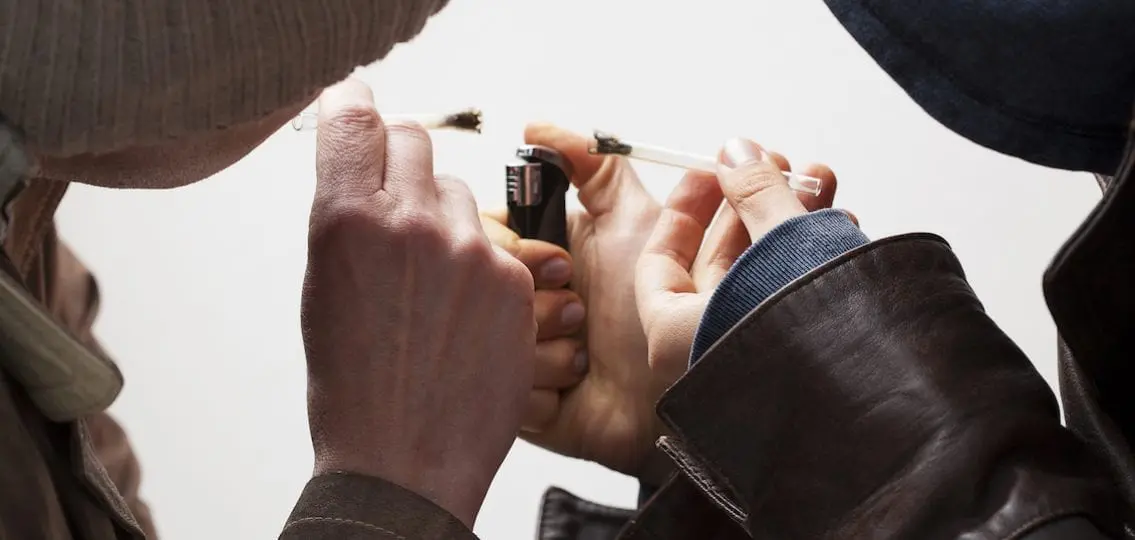
Q: Any other advice?
Stein: NIDA recommends a comprehensive prevention approach to preventing drug (marijuana) use.
To help you get started, check out NIDA’s publication, Marijuana: Facts Parents Need to Know. Share the findings with your kids to help them sort out fact from myth, and help them make sound decisions.
